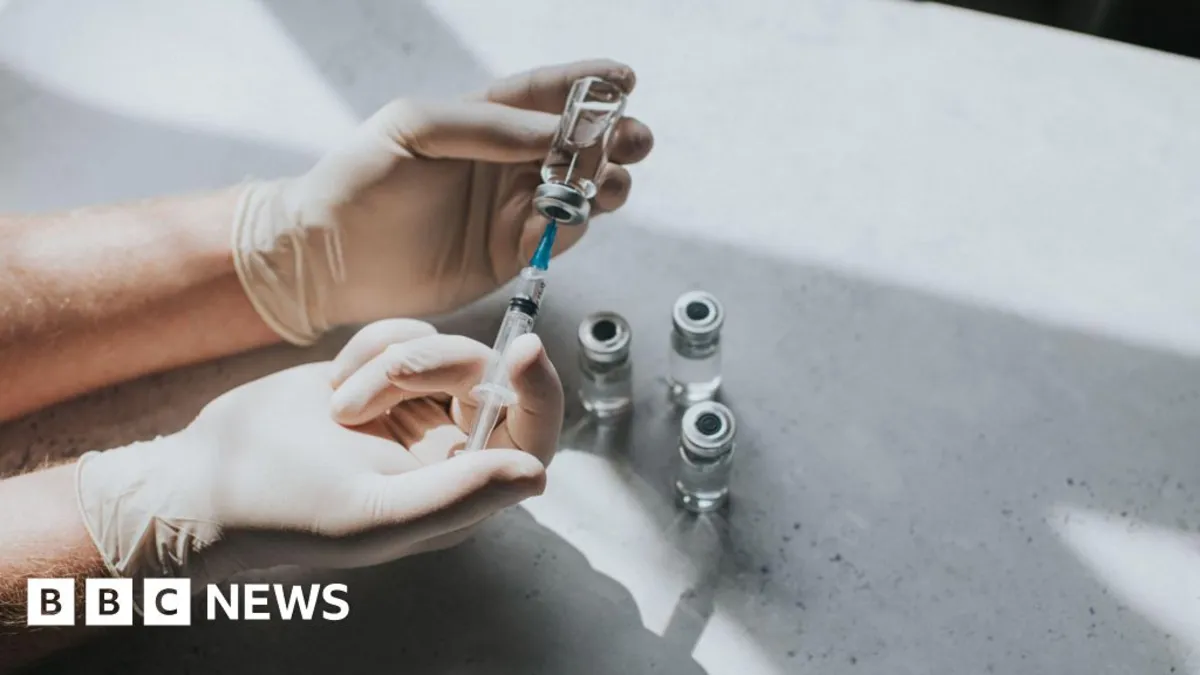
The top US health department, the Department of Health and Human Services (HHS), has announced plans to mandate placebo testing for all new vaccines. This initiative aims to provide clear and transparent public health information. However, many experts are raising concerns that these new testing requirements could hinder vaccine availability and pose ethical dilemmas.
In a statement provided first to the Washington Post, HHS revealed that all new vaccines will be subjected to safety testing in placebo-controlled trials before they can receive licensure. This marks a significant departure from traditional practices. While the agency did not specify which new vaccines would fall under this requirement, there are indications that updated Covid-19 vaccines might be included. Experts caution that this could slow down the access to critical vaccines.
Peter Lurie, a former official with the Food and Drug Administration (FDA), expressed uncertainty about the exact nature of the proposal. He noted that if every modification to an existing vaccine necessitates a new placebo-controlled trial, it could lead to ethically questionable practices and ultimately deny Americans access to life-saving vaccines. As of now, HHS has not provided details regarding the timeline for implementing this placebo plan or which vaccines will be involved.
An HHS spokesperson stated that health secretary Robert F. Kennedy Jr.'s commitment to radical transparency aims to be forthright about the known and unknown aspects of medical products, including vaccines. The spokesperson emphasized that, aside from the Covid-19 vaccine, none of the childhood vaccines recommended in the US have undergone inert placebo testing. However, public health experts argue that this assertion is misleading, as many childhood vaccinations, such as those for Hepatitis A and B, rotavirus, polio, and mumps, were initially tested against a placebo.
In reality, all new immunizations currently undergo rigorous testing, with one group receiving the vaccine and the other a placebo, typically a saline solution. However, newer iterations of existing vaccines may not require the same level of testing, as withholding a known safe vaccine from a specific group is considered unethical. Vaccine experts argue that minor modifications to established vaccines do not necessitate the same rigorous trials.
Paul Offit, the director of the Vaccine Education Center at Children’s Hospital of Philadelphia, explained that the coronavirus vaccine has already undergone extensive safety testing. He clarified that the current updates involve using a different variant of the virus, which does not significantly alter its safety profile. Nevertheless, FDA Commissioner Marty Makary stated that the agency is reviewing updated coronavirus shots, acknowledging that there is currently a void of data.
HHS has indicated that substantial updates to existing vaccines might be regarded as new products, necessitating further clinical evaluation. This raises concerns about the financial implications of conducting placebo tests for simple upgrades of established vaccines. Dr. Lurie warned that if such requirements lead to increased costs, pharmaceutical companies might choose to abandon the production of newer, more effective vaccine versions.
Since taking office, Secretary Kennedy has made controversial statements regarding vaccine safety. His tenure has coincided with one of the worst measles outbreaks in a decade, resulting in two fatalities and 660 infections in Texas alone. Recently, he has encouraged parents to conduct their own research on the measles vaccine, which has long been established as safe and 97% effective. This inconsistency in messaging further complicates public perception of vaccines, as he has at times endorsed the MMR vaccine while also labeling it a personal choice.
The HHS's proposed requirement for placebo testing on all new vaccines aims to enhance transparency but raises significant concerns regarding vaccine availability and ethical considerations. As the dialogue around vaccine safety continues, it is essential for public health experts and officials to provide clear, accurate information to ensure the health and safety of all Americans.